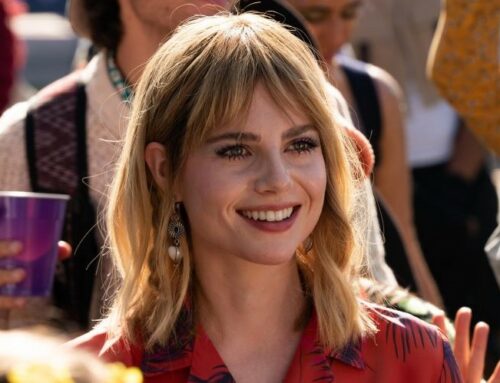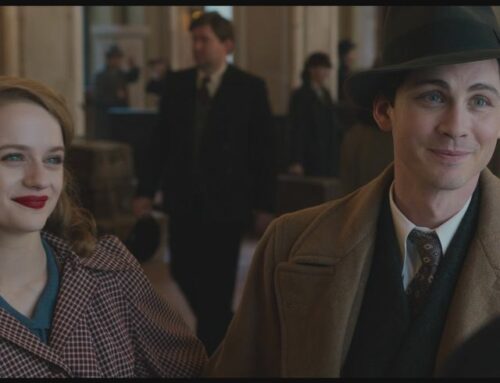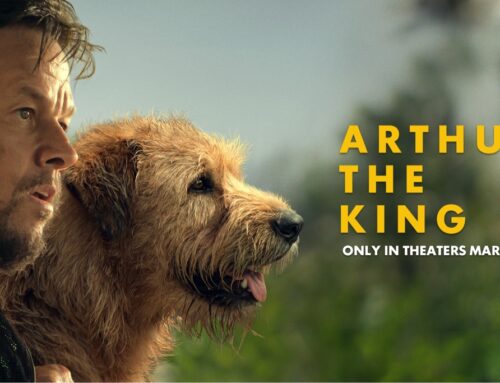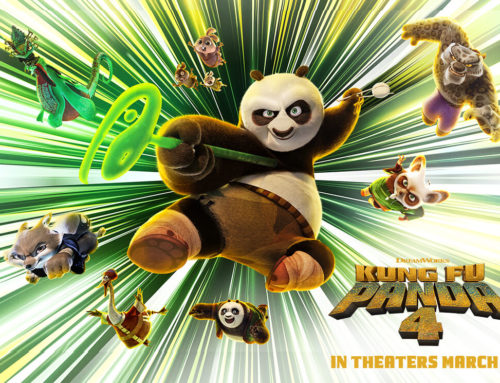I’ve always had a soft spot for Snow White. She was the only fairy tale princess I’d heard of who wasn’t blonde, and the Disney cartoon was the first movie I ever saw as a child. I was entranced. I have taken all my fashion cues from her since then. Black haired beauties with white skin and red lips. Liz Taylor. Vivien Leigh. Even Malificent in all her arch darkness. I must have fifty tubes of varying shades of red lipstick, refused all suggestions to lighten my hair as I’ve gotten older, and NEVER get sun on my face. I love vampires.
So I couldn’t wait to see SNOW WHITE AND THE HUNTSMAN and Kristen Stewart as “SNOW.” Stewart, while not a GREAT beauty, has a dark, mysterious, turbulent quality that I thought would serve, and with the right lighting and makeup she could be devastating; not quite. It’s Charlize Theron as the wicked stepmother Ravenna whose beauty resonates here.
In fact, beauty is her raison d’etre, and the source of her fury. She has been victimized by her beauty and the men who have loved her and would leave her unless she remains beautiful. Uh, She’s gotta point. Thus, she has been taking her revenge on generations of lovers ever since. Theron’s Ravenna makes sense. She’s fighting for her life, and gloriously terrifying as she orders the Huntsman (Chris Hemsworth) to bring her Snow White’s “heart beating with blood”; Hannibal Lecter’s got nothing on her.
Stewart’s Snow has her hands full holding her own and needs every bit of weaponry at her disposal to do it. Somehow clad in pants beneath her gown, Snow wields a sword after one brief lesson from the grumpy Huntsman. But it’s her innate goodness–her inner beauty– as she stares down a troll, that is her secret weapon. Stewart doesn’t quite convey that purity or conviction. Her goodness is not nearly as radiant as Theron’s wickedness.
It throws the film off. And I wish the director Rupert Sanders (a maker of commercials and video games) were a better story teller. Individual images look slick and beautiful– the dark forest, the wild sea, but individual scenes lack shape, and strung together don’t accumulate real dramatic power. Snow’s romantic leanings remain untapped and unclear– even at the end where the filmmaker simply lets the camera hang flaccidly on a wide shot with nary a tension resolving dramatic conclusion in sight.
But the tale holds up, its feminist themes more relevant than ever. I also appreciated a challenging, scruffy SNOW WHITE, conceding that what she lacks in perfect beauty is made up for by her feistiness and resilience. In 2012, that’s a beautiful thing.






Leave A Comment
You must be logged in to post a comment.